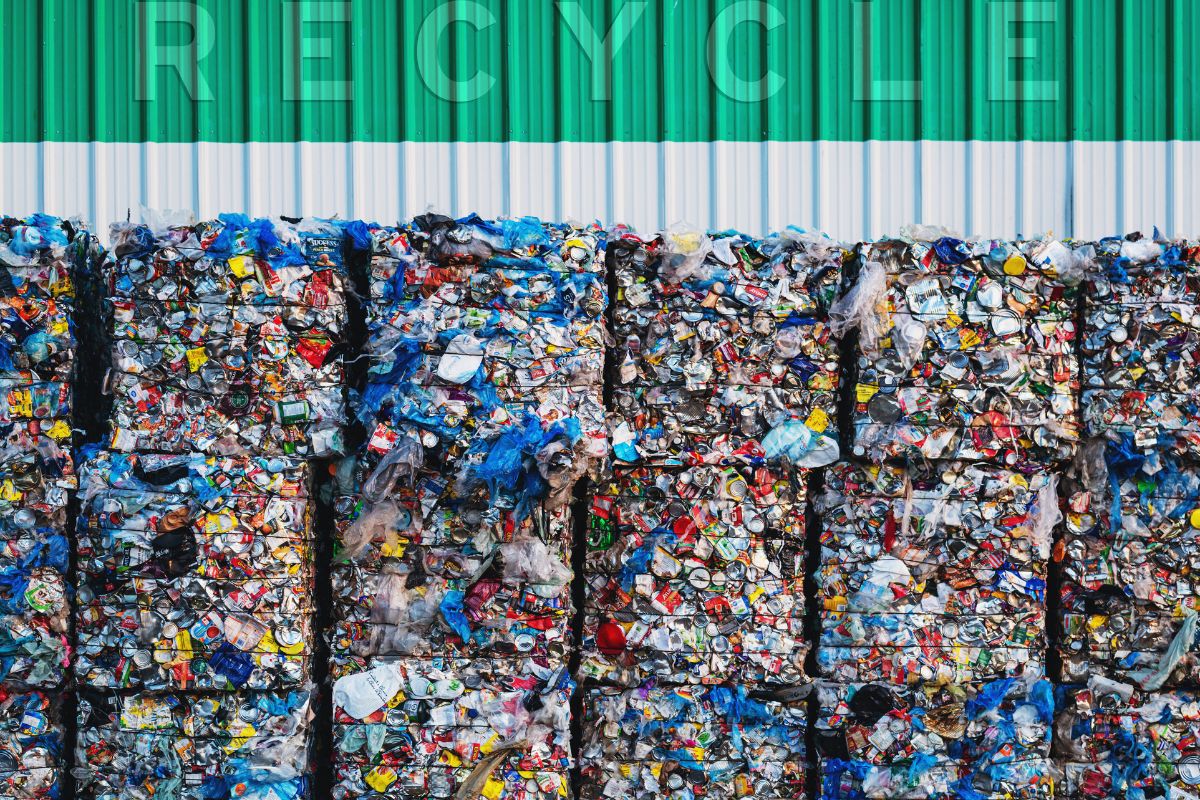Every week you bring out your recycling bin for collectors to take it away, but have you ever wondered what exactly happens to that waste? Does it really get recycled? Or is it just a scam?
According to Environment and Climate Change Canada, every year over 3 million tons of plastic waste is thrown away by Canadians, of which only 9% is recycled. The journey of your recycling starts with the collectors taking the items to waste management centers built across Canada as described in recycling process of Edmonton. There, it gets sorted according to factors like weight, shape and size. Some parts are sent to landfills and others are shipped to buyers across the world. Edmonton’s waste management website explains that “this includes companies that further refine materials, and manufacturers that use them to create new products.” There are laws regarding disposing of waste and managing recycling, but are they really followed? We’re not sure.
In the past, Canada sold most of their waste to countries like China, where it got sorted and re-used. However, a cut off was imposed by China on the imports from Canada by 2018.
This put the recycled waste exporting companies in a difficult situation, resulting in a massive increase in the amount of waste exported to Vietnam and Malaysia in 2018. However, in 2019 the true picture behind the exports of Canada was revealed. In an interview with CBC news, the Malaysian minister of Environment denounced Canada for “irresponsible export of plastic” when they received a shipping container with highly contaminated plastic that was of no value to recyclers.The Minister also stated that they were “going to send this back to Canada” and asked for better tracking and monitoring of waste recycling.
But this wasn’t the end.
A similar case was found in India in 2021. A french Radio-Canada investigation found masses of plastic in containers in Muzaffarnagar, the hub of paper recycling mills in India. Even though India had a set limit that only 2 per cent of the plastic they accept could be contaminated, the paper waste exported from Canada was heavily contaminated with plastic from well-known Canadian brands. This led to another major problem in India: pollution. The plastic that could not be recycled was either dumped in landfills or was used by other industries as fuel, resulting in a highly polluted atmosphere.
In the event of recycling waste in developed countries, the developing countries are getting increasingly polluted. Many other developed nations like Europe, United states of America and Australia follow the same route as Canada by sending their recycling waste to developing nations. The waste that people throw in their garbage bins, thinking that it will protect their environment, is the waste which is exploiting other countries’ environment and risking their lives.
There are more issues with recycling plastics than just pollution. A 2021 study argued that “almost all plastics contain toxic chemicals that are not removed during recycling but are carried over to the new products.” These chemicals can have serious impacts on human health, including cancer, infertility and impacts to future generations.
However, in the last 5 years, a lot of changes have been made in the recycling policies of various nations and provinces. Victoria Masterson, a Senior Writer at the World Economic Forum, highlighted states that about 170 countries have pledged to significantly reduce use of plastic. The Canadian government has also set up an outcome goal from each stage of recycling to ensure that a majority of the products are sorted properly. They’ve also set up a framework to achieve “at least 50 % recycled content in plastic packaging by 2030”. Moreover, the Alberta Government has declared that producers will be responsible for the entire process of their product from manufacturing to recycling.
There are two potential conclusions to this issue. One is that there’s still hope in the coming future that all the waste thrown in the recycling bins actually gets recycled and reused in a safe manner. The other is more cynical, leaving you wondering if the items you recycle are ending up somewhere else, and if recycling is actually helping the environment.






